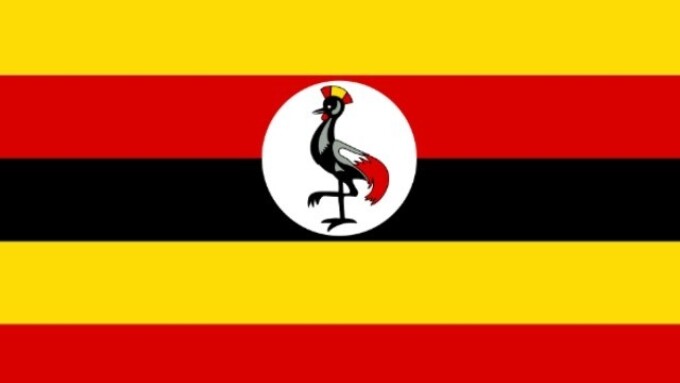KAMPALA, Uganda — Uganda officials this week paved the way for the country’s “Anti-Pornography Act 2014” to be enacted.
The law, yet to be enforced but signed off by the east African country’s president in February 2014, creates and defines the offense of pornography and its prohibition, according to a report at KFM News.
Anti-Pornography Act 2014 bans anyone from producing, trafficking, publishing, broadcasting, procuring, importing exporting or abetting any form of pornography.
Uganda’s information minister, Jim Muhwezi, made the news public about implementation of the law, KFM said.
"The guidelines prohibit broadcasting of sexually explicit material in the form of still pictures, video footage and vulgar presenter utterances on our media airwaves," Muhwezi said in a press briefing.
Initially, the bill proposed the prohibition of types of dress that exposed different body parts such as breasts, thighs, genitalia and buttocks, but that clause was deleted.
The law that passed targets ISPs for online adult material and sectors of the entertainment and leisure industries that thrust pornographic material into the public domain.
“The act defines pornography as any cultural practice, radio or TV program, writing, publication, advertisement, broadcast, upload on the internet, display, entertainment, music, dance, picture, audio or video recording, show, exhibition or any combination of these that depicts a person engaged in explicit sexual activities or conduct; sexual parts of a person; erotic behavior intended to cause sexual excitement or any indecent act or behavior tending to corrupt morals,” KFM said.
Those found guilty over violations of Anti-Pornography Act 2014 could face up to 10 years in jail or a fine of Shs10 million, or about $3,000 (U.S.).







